August 26, 2020
Urgent calls to confront systemic racism in our society are demanding our attention. In June, Francis S. Collins, M.D., Ph.D., Director of the National Institutes of Health, called upon each of us in the NIH community to “reaffirm our common resolve … to ensure we foster a culture of inclusion, equity, and respect for one another . …” I write now to affirm the NIDCD’s commitment to inclusive excellence, and our resolve to both embrace and enable the contributions of a diverse scientific workforce.
We recognize that when scientists and trainees from different backgrounds work together, their unique perspectives and experiences stimulate creativity and innovation, yielding higher quality research than less diverse teams. Importantly, diverse research teams are more likely to ensure that members of underserved populations will support and participate in research, and that the research we invest in addresses questions that are meaningful to these communities. Increasing scientists’ understanding of disparate groups benefits us all and is at the core of the NIH mission: to uncover new knowledge that will lead to better health for everyone. Human communication disorders, after all, cross all cultural, racial, and gender boundaries.
The NIDCD has long worked to increase the diversity of the research pipeline across our mission areas, but I acknowledge that our efforts to date have been insufficient to achieve our goals of diversifying our workforce and our science. We have actively supported our goals through a variety of mechanisms, including the Ruth L. Kirschstein National Research Service Awards for Individual Predoctoral Fellowships to Promote Diversity in Health-Related Research (F31 diversity awards); the BRAIN Initiative Advanced Postdoctoral Career Transition Award to Promote Diversity (K99/R00 award) and guidance for BRAIN Initiative grantees to apply for research supplements to promote diversity; the SCORE Program (Support of Competitive Research program); and Research Supplements to Promote Diversity in Health-Related Research. More recently, we also began supporting the MOSAIC Postdoctoral Career Transition Award.
Despite these efforts, however, the proportion of investigators who receive funding for research in hearing, balance, taste, smell, voice, speech, or language who are members of underrepresented minority groups remains discouragingly small. We must do better.
To address these shortcomings, I am reinvigorating our commitment to build and sustain a diverse research workforce by using mechanisms to provide support for training as well as for the early and middle stages of career development. As part of this commitment, I pledge to take the following steps:
- Action 1: I have committed to hiring a Chief Diversity Officer in my office. I encourage anyone with the interest, commitment, expertise, and experience in building a robust platform for addressing our challenges to apply. Please watch the NIDCD website in the weeks ahead for further information about the position and application process.
- Action 2: I intend to partner with NIH leadership and the scientists and staff within the NIDCD to ensure that our own workplace is diverse, respectful, and inclusive.
- Action 3: We have begun to explore with members of our NDCD Advisory Council and other stakeholders how we can most effectively engage underrepresented minority scientists throughout their careers and support training, mentoring, and leadership development programs to ensure a robust workforce. Furthermore, we are looking at how best to increase participation of underrepresented minority populations in research studies in our mission areas.
These are only initial steps. They will be followed by substantive action over the months and years ahead.
It is an honor to serve as the Director of the NIDCD at a time when we have a tremendous opportunity to make lasting contributions to scientific excellence as outlined above.
I, and we, pledge to make the most of it.
Debara L. Tucci, MD, MS, MBA
Director, National Institute on Deafness and Other Communication Disorders
National Institutes of Health
31 Center Drive, Room 3C02G
Bethesda, MD 20892
(301)402-0900

Recent Comments